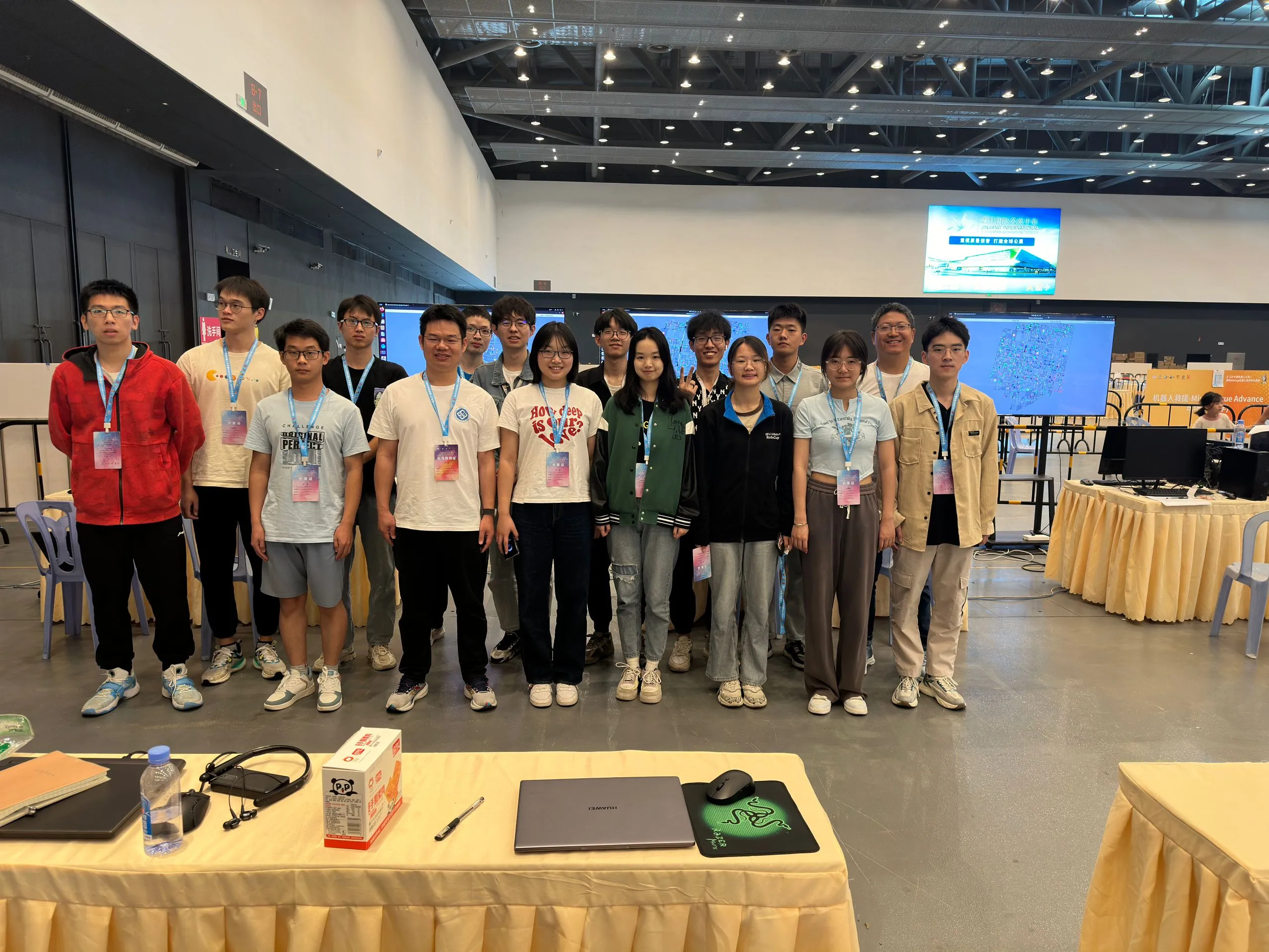Jackson——一个高性能的 JSON 处理库
Jackson 是一个高性能的 JSON 处理库,广泛用于 Java 应用程序中进行 JSON 的序列化和反序列化。以下是 Jackson 序列化的主要方式和一些关键概念的介绍。
1. 基本序列化
1.1 添加依赖
首先,在你的 pom.xml 文件中添加 Jackson 的依赖:
<dependencies>
<!-- Jackson Core -->
<dependency>
<groupId>com.fasterxml.jackson.core</groupId>
<artifactId>jackson-core</artifactId>
<version>2.15.2</version>
</dependency>
<!-- Jackson Databind -->
<dependency>
<groupId>com.fasterxml.jackson.core</groupId>
<artifactId>jackson-databind</artifactId>
<version>2.15.2</version>
</dependency>
<!-- Jackson Annotations -->
<dependency>
<groupId>com.fasterxml.jackson.core</groupId>
<artifactId>jackson-annotations</artifactId>
<version>2.15.2</version>
</dependency>
</dependencies>
1.2 创建对象
假设你有一个简单的 Java 类 User:
import com.fasterxml.jackson.annotation.JsonProperty;
public class User {
private String name;
private int age;
public User() {}
public User(String name, int age) {
this.name = name;
this.age = age;
}
@JsonProperty("full_name")
public String getName() {
return name;
}
public void setName(String name) {
this.name = name;
}
public int getAge() {
return age;
}
public void setAge(int age) {
this.age = age;
}
}
1.3 序列化对象
使用 ObjectMapper 将 Java 对象序列化为 JSON 字符串:
import com.fasterxml.jackson.databind.ObjectMapper;
public class Main {
public static void main(String[] args) {
try {
ObjectMapper objectMapper = new ObjectMapper();
User user = new User("John Doe", 30);
String jsonString = objectMapper.writeValueAsString(user);
System.out.println(jsonString);
} catch (Exception e) {
e.printStackTrace();
}
}
}
输出:
{"full_name":"John Doe","age":30}
2. 注解配置
Jackson 提供了多种注解来控制序列化和反序列化的行为。
2.1 @JsonProperty
指定字段在 JSON 中的名称。
@JsonProperty("full_name")
public String getName() {
return name;
}
2.2 @JsonIgnore
忽略某个字段,使其不被序列化或反序列化。
@JsonIgnore
private String sensitiveData;
2.3 @JsonInclude
控制哪些字段会被包含在序列化的 JSON 中。
@JsonInclude(JsonInclude.Include.NON_NULL)
public class User {
private String name;
private Integer age; // 使用包装类型,null 值不会被序列化
}
2.4 @JsonFormat
格式化日期和时间。
import com.fasterxml.jackson.annotation.JsonFormat;
import java.util.Date;
public class Event {
private String name;
@JsonFormat(shape = JsonFormat.Shape.STRING, pattern = "yyyy-MM-dd HH:mm:ss")
private Date eventDate;
// Getters and setters
}
3. 自定义序列化器
有时你需要更复杂的序列化逻辑,这时可以实现自定义的序列化器。
3.1 创建自定义序列化器
import com.fasterxml.jackson.core.JsonGenerator;
import com.fasterxml.jackson.databind.SerializerProvider;
import com.fasterxml.jackson.databind.ser.std.StdSerializer;
import java.io.IOException;
import java.text.SimpleDateFormat;
import java.util.Date;
public class CustomDateSerializer extends StdSerializer<Date> {
private static final SimpleDateFormat formatter = new SimpleDateFormat("dd-MM-yyyy");
public CustomDateSerializer() {
this(null);
}
public CustomDateSerializer(Class<Date> t) {
super(t);
}
@Override
public void serialize(Date value, JsonGenerator gen, SerializerProvider provider) throws IOException {
String formattedDate = formatter.format(value);
gen.writeString(formattedDate);
}
}
3.2 使用自定义序列化器
import com.fasterxml.jackson.databind.annotation.JsonSerialize;
public class Event {
private String name;
@JsonSerialize(using = CustomDateSerializer.class)
private Date eventDate;
// Getters and setters
}
4. 深度定制
4.1 Module
你可以创建自定义的 Module 来注册自定义的序列化器和反序列化器。
import com.fasterxml.jackson.databind.module.SimpleModule;
public class CustomModule extends SimpleModule {
public CustomModule() {
super("CustomModule");
addSerializer(Date.class, new CustomDateSerializer());
}
}
4.2 注册 Module
ObjectMapper objectMapper = new ObjectMapper();
objectMapper.registerModule(new CustomModule());
5. 示例
以下是一个完整的示例,展示了如何使用 Jackson 进行序列化和反序列化,并使用自定义注解和序列化器。
5.1 定义类
import com.fasterxml.jackson.annotation.JsonFormat;
import com.fasterxml.jackson.annotation.JsonIgnore;
import com.fasterxml.jackson.annotation.JsonProperty;
import com.fasterxml.jackson.databind.annotation.JsonSerialize;
import java.util.Date;
public class User {
@JsonProperty("full_name")
private String name;
private int age;
@JsonIgnore
private String sensitiveData;
@JsonFormat(shape = JsonFormat.Shape.STRING, pattern = "yyyy-MM-dd")
private Date registrationDate;
@JsonSerialize(using = CustomDateSerializer.class)
private Date lastLoginDate;
public User() {}
public User(String name, int age, String sensitiveData, Date registrationDate, Date lastLoginDate) {
this.name = name;
this.age = age;
this.sensitiveData = sensitiveData;
this.registrationDate = registrationDate;
this.lastLoginDate = lastLoginDate;
}
// Getters and setters
}
5.2 主类
import com.fasterxml.jackson.databind.ObjectMapper;
import com.fasterxml.jackson.databind.module.SimpleModule;
import java.util.Date;
public class Main {
public static void main(String[] args) {
try {
ObjectMapper objectMapper = new ObjectMapper();
SimpleModule module = new SimpleModule();
module.addSerializer(Date.class, new CustomDateSerializer());
objectMapper.registerModule(module);
User user = new User(
"John Doe",
30,
"Sensitive Info",
new Date(),
new Date()
);
String jsonString = objectMapper.writeValueAsString(user);
System.out.println(jsonString);
} catch (Exception e) {
e.printStackTrace();
}
}
}
输出示例:
{"full_name":"John Doe","age":30,"registrationDate":"2023-10-05","lastLoginDate":"05-10-2023"}
总结
Jackson 提供了灵活且强大的机制来进行 JSON 的序列化和反序列化。通过使用注解、自定义序列化器和模块,你可以精确控制 JSON 的生成方式,以满足各种复杂的需求。









